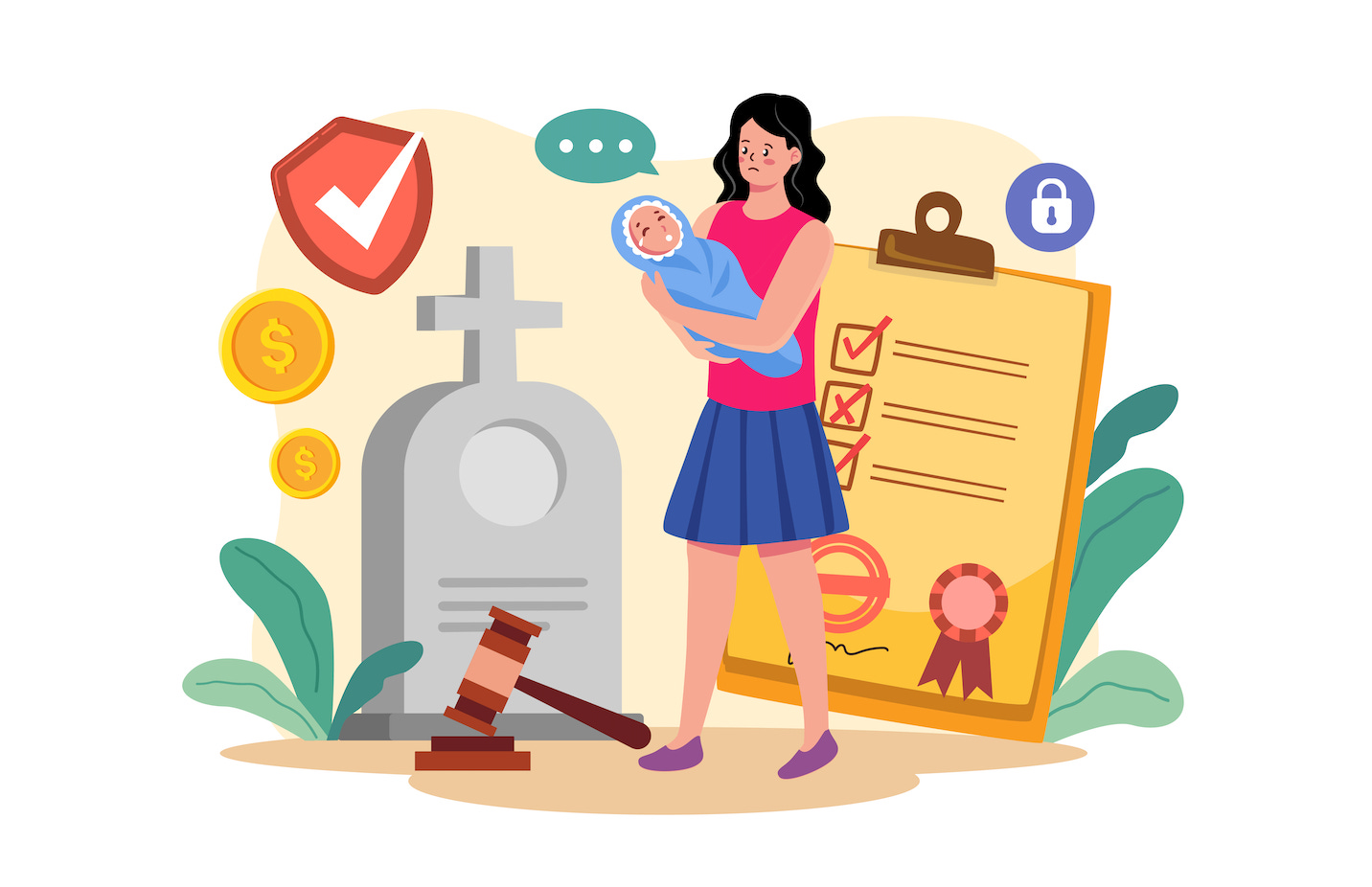I’ve been holding onto this post for almost a year. I just didn’t think the ‘timing’ of such a post would have been helpful considering everyone was still going through lockdown-hell through the past 2 years… and emotions were running high. Now that a bit of time has passed, I feel like now is the time to bring to light a potentially new rubric for venture capitalist to consider:
Medical history/decisions of founders.
In the middle of last year, I was notified that a founder that I had invested in had suffered a stroke, at age 34. We immediately reached out to the family and the team to see what we could do to help. It was a shock to all. Four days later, he passed.
In the months that followed, it was revealed that he had not only gotten the Pfizer shot, but also 2 boosters. The first shot put him under for over a week, feeling body aches, and essentially terrible all over. This did not deter him. He subsequently got two follow up booster shots and even proudly displayed them on our internal Slack channel we shared as investors to his startup.
I thought nothing of it at the time. Frankly, medical decisions should always be private and personal. I find it fascinating that we’ve entered into a time in our world where social pressure and un-elected authorities were telling people how to medicate themselves. I found it odd that people took multiple mRNA experimental injections with no long term safety data because talking heads on TV told them to do it… It just didn’t seem ‘scientific enough’ for making a truly informed decision. But, people will do as they do. Live and let live.
But… Now he’s gone. My investment is gone. The team of 6 is now disbanded, and the dream of his life has evaporated.
Here’s the question:
“Should venture capitalists begin making investment decisions to include medical decisions?”
I am 100% sure that most responses to this will be HIPPA related, privacy related, and maybe even outrage that I’d even suggest such a thing.
Oh really?
My job as a venture capitalist is to be financially responsible with other peoples money, with the sole intent of compounding value for them. My job is to de-risk investments to increase the chances of receiving outstanding returns.
Should I invest in someone who takes drugs?
More broadly:
Am I being fully responsible with investor’s money if I deploy that capital into an individual who takes drugs or experiments with gene therapy that has no long-term safety data with the real potential that they could suddenly die?
Or differently:
Would I be responsible VC if I were to deploy capital into a stage 2 cancer patient as a risk factor of longevity?
For those that know me, you know I’m all about the good-juju. I mean no harm to anyone and I only want the best for people. I’m sure I’m going to offend some people with this post, but understand my position: I lost a friend and a colleague. His wife and young child will grow up without a father. It chips away at my soul to think about it.
One of the most powerful lessons I learned through this is through the responses I got from investors following the passing of our founder: Their reactions were a clear reflection of who they are, their worldviews, and mental models. I was disappointed by some of them.
Take care of yourself. You have a long life to live. Good health begins today.
All the best,
ps





We had something like this happen in a startup I was at; a few months after we had been acquired, the rank-and file found out that the CEO was taking a medical leave of absence, and he passed away about two years after the merger. We subsequently learned that the medical issues had been known for some time to the people who *needed* to know: the C-levels and VPs, the VC investors who were nonetheless ready to put up another round of funding if we wanted to keep growing and the leadership of the acquiring company. It was also the case that the CEO's health issues were a reason for choosing to exit when we did rather than waiting a few more years; again, though, the VCs were OK if we'd wanted to keep going. It's also fair to note the CEO did *not* have the health issues when the VCs first came on board (about two years before the acquisition).
In assessing the risk, I think it's important to look at the team the founder has built and succession planning. If the company is still centered and dependent on the founder, then it may be prudent for the investors to back away. But if the founder has built a strong team that's ready to carry forth the mission and vision even in his/her absence, then the investors should be OK forging ahead.
I think either way it's going to be a risk and will be difficult to determine which path to go. Some people may have invested because the founder was using shots to be medically healthy while others may have seen this as a risk. In the end there's a lot of factors that could cause a VC to pass away most of them are out of anyone's control.